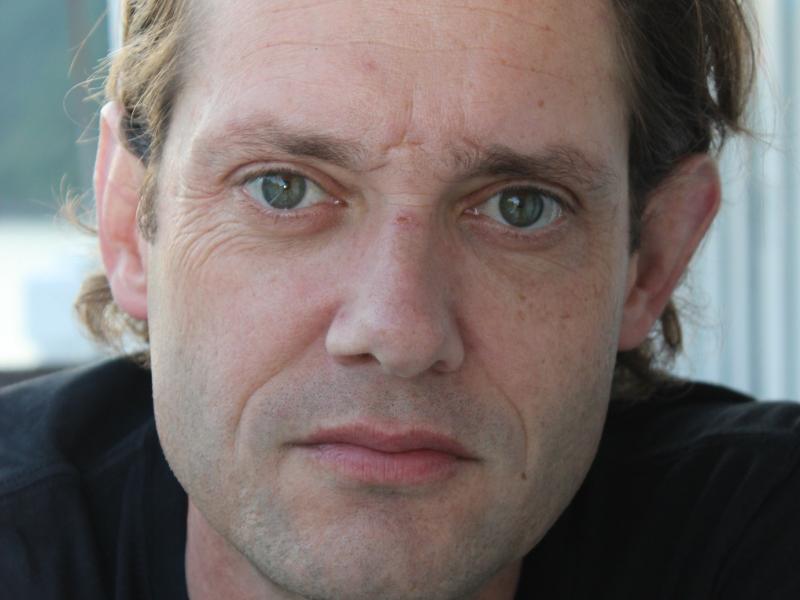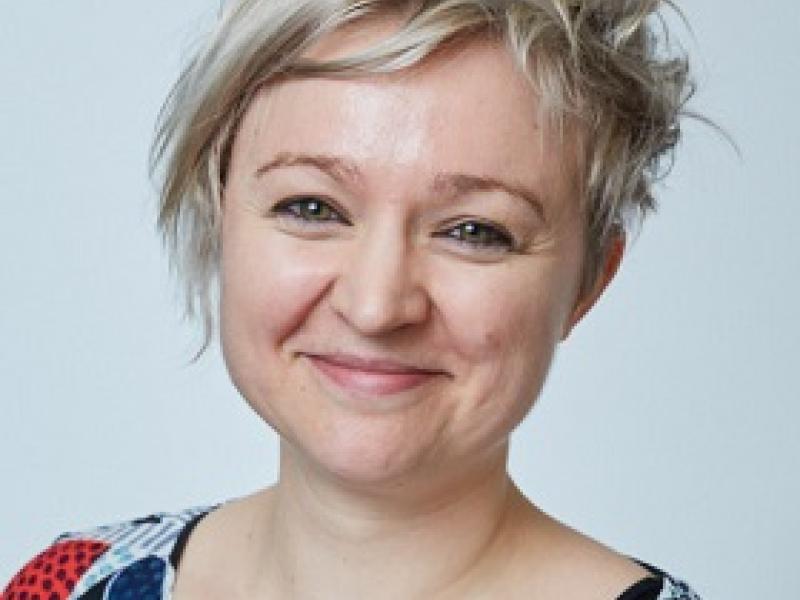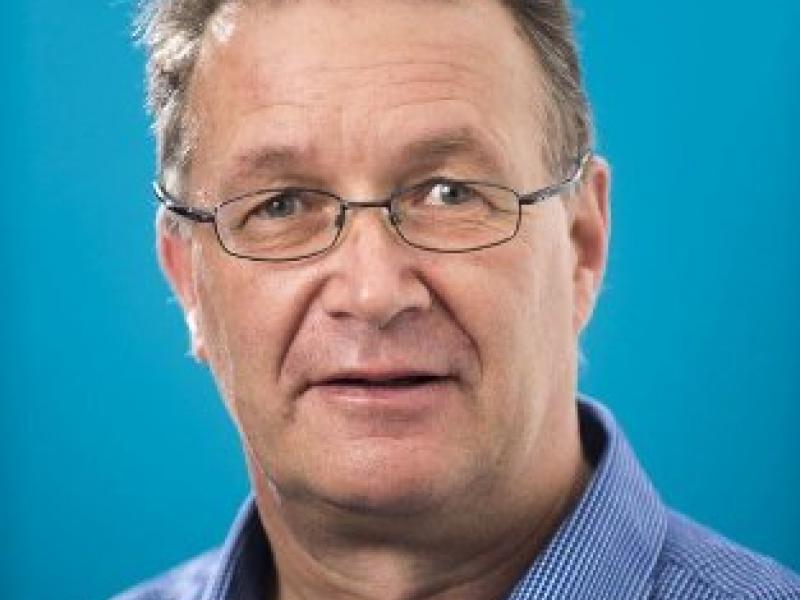Principal Investigator:
Chief Investigators:
Postdoctoral Biostatisticians:
Enhancing aspects of time-to-event analysis methodology in randomised trials
In time-to-event ("survival") analysis the direct modelling of the time until an event occurs, through accelerated failure time models, is an important and underutilised approach. Improved application of these methods to clinical trials can benefit research efficiency, provide new insights to chronic disease treatment and inform clinical practice. This project will achieve these outcomes by addressing three distinct aims to answer important issues in melanoma, ageing and kidney disease and which are connected through the underlying use of accelerated failure time methodology.
Aim 1: Develop new accelerated failure time methods for estimating treatment effects in latent subgroups and compare bias and precision of different approaches to latent subgroups.
Aim 2: Quantify the sample size savings that could be made in future health research studies in which survival analysis based on the Weibull distribution would be appropriate.
Aim 3: Extend recurrent event survival analysis methods, create new software programs for general usage of the methods, and apply the methods to arteriovenous access failures in end-stage kidney disease patients treated with haemodialysis.
Collaborators:
- Prof Victoria (Tori) Mar (Victorian Melanoma Service, Alfred Hospital)
- Prof Kevan Polkinghorne (Department of Nephrology, Monash Health)
- Prof John Kelly (Victorian Melanoma Service, Alfred Hospital)
- A/Prof Serigne Lo (Melanoma Institute of Australia, University of Sydney)
- Prof John Thompson (Melanoma Institute of Australia, University of Sydney)
- Prof Eva Cantoni (University of Geneva)
- Prof Richard Emsley (University of Manchester)





